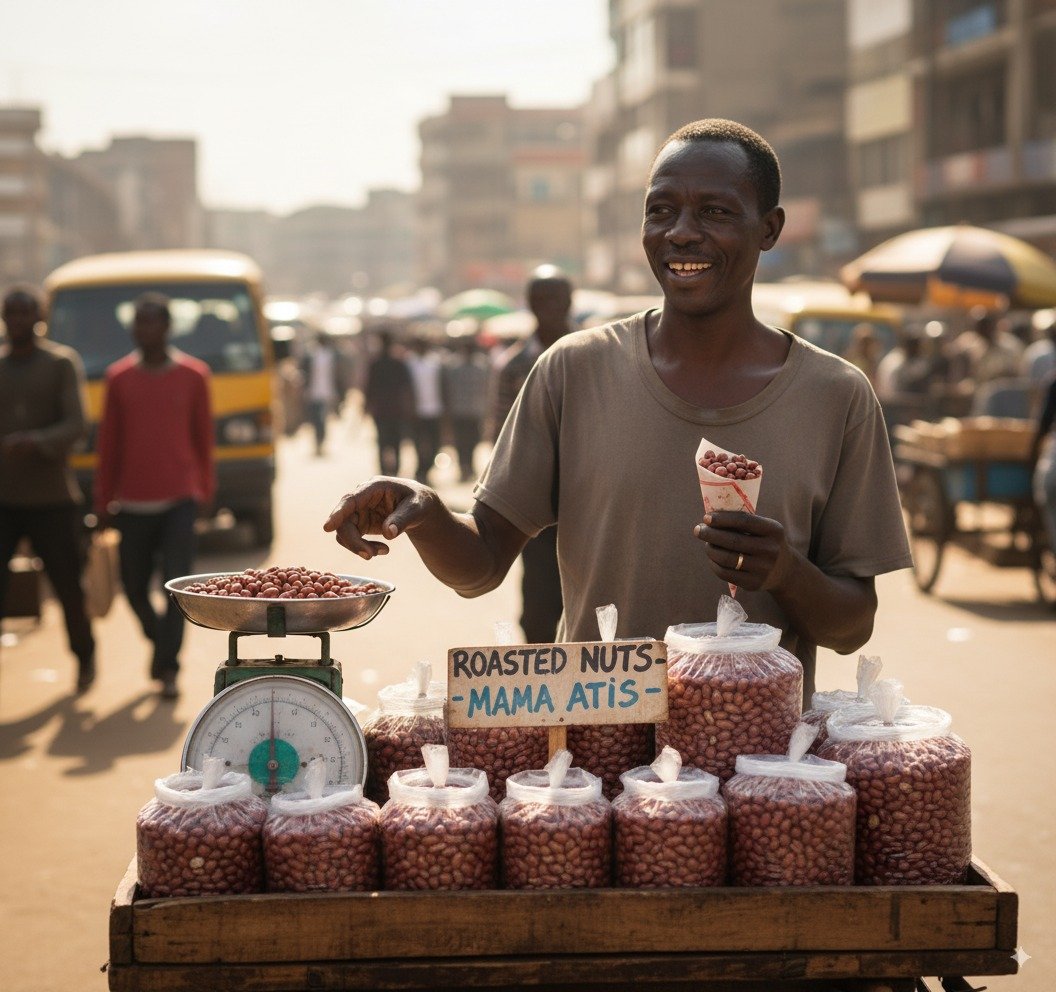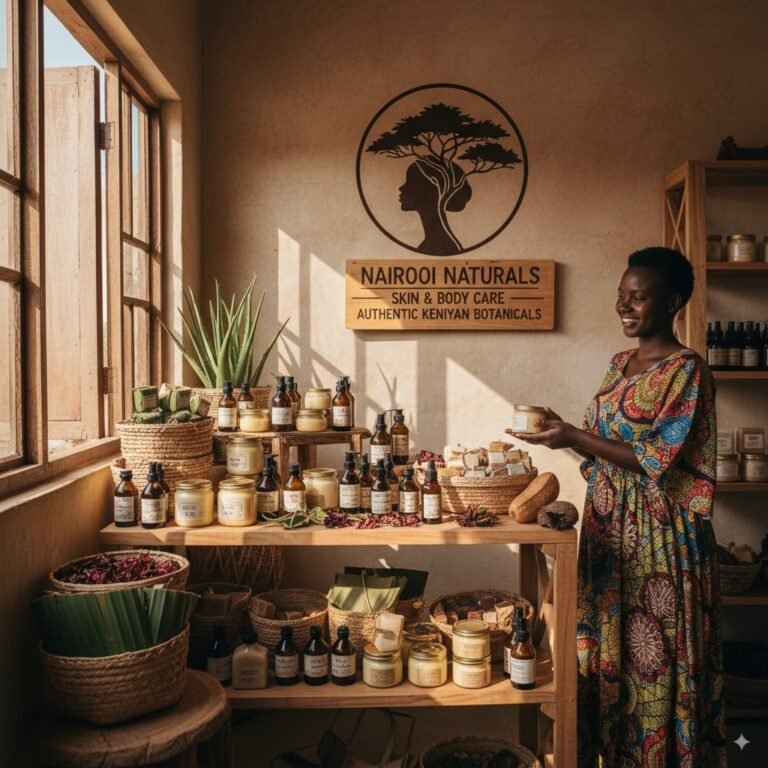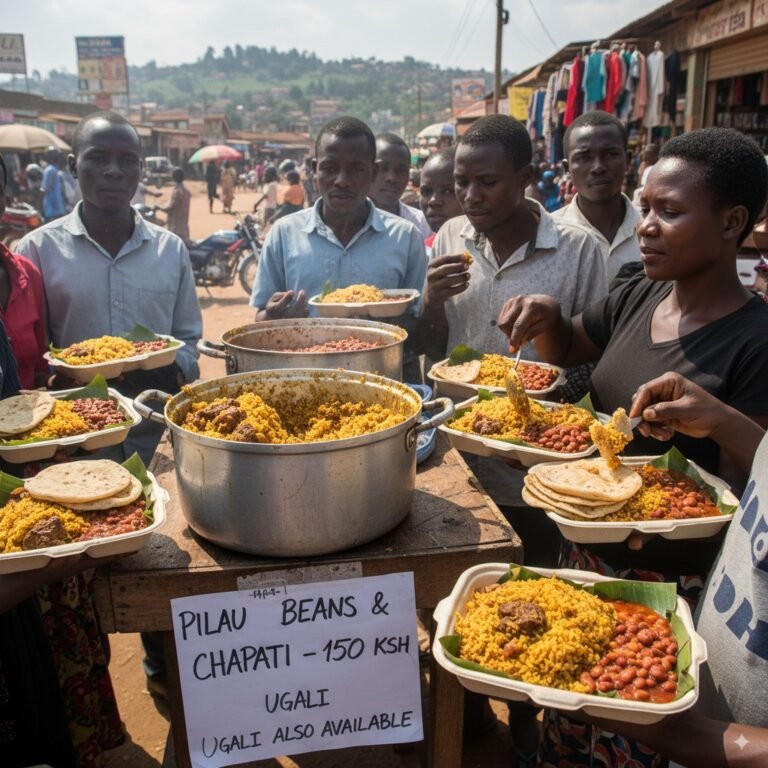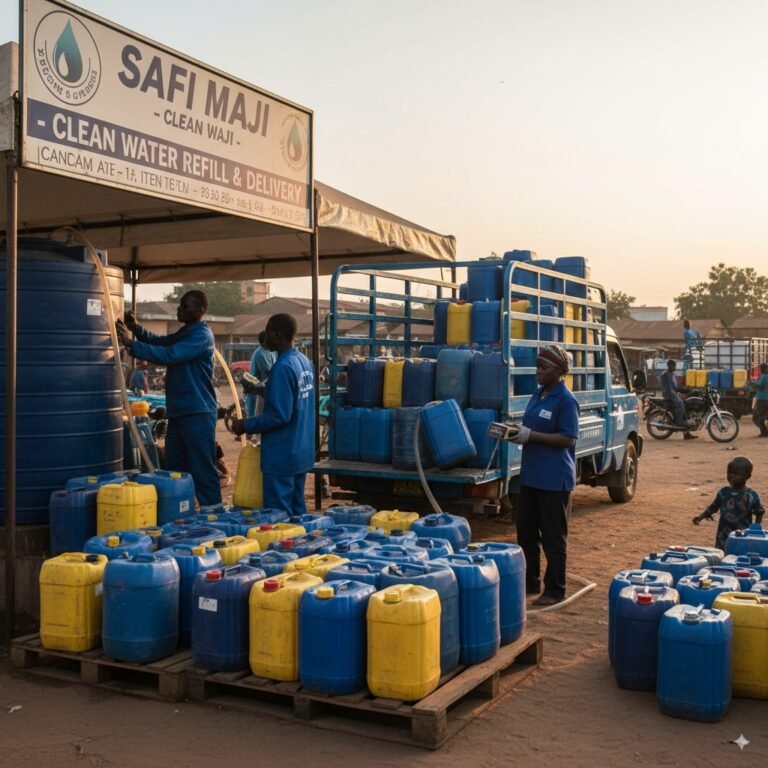How to Start a Njugu Karanga Business in Kenya
Introduction
Starting a njugu karanga business in Kenya is one of the most affordable and profitable hustles you can set up with very little capital. Njugu karanga (roasted peanuts) are a popular snack enjoyed in homes, schools, offices, bars, and on the streets. With low stock costs, long shelf life, and flexible selling methods (hawking, kibanda, or wholesale), njugu karanga provide a reliable way to earn steady income.
Startup Costs 💰
You don’t need much to begin this business, and you can scale up gradually.
- Capital Needed: KES 2,000 – 6,000
- Key Expenses:
- Initial stock of raw njugu (KES 1,000 – 3,000)
- Charcoal jiko, pan, or small oven (KES 800 – 1,500)
- Packaging bags or jars (KES 500 – 1,000)
- Salt, cooking oil, or spices for flavor (KES 300 – 700)
- Basic display table, kibanda, or bucket (KES 500 – 800)
💡 Tip: Start simple with plain njugu karanga, then add flavored varieties (garlic, chili, honey-coated) as your customer base grows.
Why This Business Works ✅
- Low Startup Capital: Easy to begin even with KES 2,000.
- Everyday Demand: People snack on njugu karanga daily in offices, schools, and bars.
- Long Shelf Life: Roasted njugu can stay fresh for weeks if stored well.
- Flexible Sales Options: You can hawk, sell in kiosks, or supply shops and bars.
- High Profit Margins: Bulk purchases + small packaging = strong markups.
Step-by-Step Setup 🛠️
1. Source Quality Njugu
Buy raw njugu from local markets or wholesalers. Ensure they are clean and free of stones or debris.
2. Roast Properly
- Use a charcoal jiko or pan for small-scale roasting.
- Stir continuously to avoid burning.
- Add salt, sugar, or spices depending on your target customers.
- Allow them to cool before packaging.
3. Package Neatly
- Small polythene bags (KES 10–20) for street sales.
- Transparent jars for display in kiosks.
- Branded packets if you’re targeting supermarkets or offices.
4. Pick Your Selling Method
- Hawking: Walk around estates, matatus, or offices.
- Kibanda/Table: Sell from one location.
- Wholesale Supply: Deliver to shops, pubs, or supermarkets.
5. Price Competitively
- Small packet (50g): KES 20–30
- Medium packet (100g): KES 50
- Large packet (250g): KES 100–120
Profit Breakdown 📊
Here’s a typical example:
- Buy 5kg of raw njugu at ~KES 1,200.
- After roasting, pack into 100 small packets (50g each).
- Sell at KES 20 each = KES 2,000 sales.
- Profit after charcoal, packaging, and seasoning = ~KES 600–700.
Scale this to 20kg per week → KES 2,500–3,000 profit weekly (~KES 10,000–12,000 monthly).
Bigger vendors supplying bars and supermarkets can earn KES 30,000+ monthly.
Challenges & How to Overcome Them ⚠️
- Quality Issues: Poorly roasted or burnt njugu lose customers.
- Solution: Roast in small batches, monitor closely, and taste before packaging.
- Competition: Many people sell njugu karanga.
- Solution: Differentiate with flavors, neat packaging, and better customer service.
- Storage Problems: Njugu absorb moisture and lose crispiness.
- Solution: Store in airtight containers and keep away from damp areas.
- Licensing for Wholesale: Supplying supermarkets may require KEBS/branding.
- Solution: Start small, then formalize once you scale.
Tips to Grow 🚀
- Experiment with flavors: chili, garlic, honey-coated, or caramelized.
- Brand your packets with a logo for professionalism.
- Partner with pubs and supermarkets for bulk orders.
- Add related products like popcorn or crisps.
- Use social media to advertise your packets for deliveries.
Frequently Asked Questions (FAQ) ❓
Q: How much does it cost to start a njugu karanga business in Kenya?
A: You can start with as little as KES 2,000. With KES 6,000, you can include packaging and a stable stand.
Q: Where can I sell njugu karanga?
A: On the streets, in estates, in schools, at bus stages, in bars, or by supplying shops and kiosks.
Q: How profitable is the njugu karanga business?
A: Small sellers make KES 600–1,000 profit daily. Larger suppliers can earn KES 30,000+ per month.
Q: Do I need a license?
A: For small-scale street sales, a basic county hawking license may be enough. For wholesale, KEBS and branding may be required.
Conclusion
The njugu karanga business in Kenya is one of the most affordable and flexible hustles to start. With only KES 2,000 – 6,000, you can begin roasting, packaging, and selling peanuts in your neighborhood. By focusing on neat packaging, hygiene, and flavors, you can stand out in a competitive market and grow into a wholesale supplier.
👉 Explore more hustler-friendly opportunities in the Business Ideas Hub — with over 50+ small businesses you can start today.







